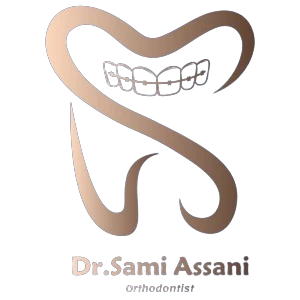Dry mouth, known as xerostomia, is a condition that occurs when the production of saliva in the mouth decreases, leading to a feeling of dryness and discomfort. Saliva is essential for oral health; it helps to keep the mouth moist, aids in digestion, and prevents tooth decay by washing away bacteria and food particles. Therefore, a lack of saliva can lead to several health issues.
Causes: The causes of dry mouth are varied and can include a wide range of factors. One of the most common causes is the use of certain medications such as antidepressants, antihistamines, and blood pressure medications, which can have side effects that reduce saliva production. Dry mouth can also be associated with certain health conditions such as diabetes or Sjögren’s syndrome, an autoimmune disorder that attacks the salivary glands. Additionally, radiation therapy to the head and neck area can damage the salivary glands, leading to dry mouth.
Symptoms: Symptoms of dry mouth include a persistent feeling of thirst, difficulty swallowing and chewing, cracked lips, and inflammation of the mouth and gums. Patients may also experience bad breath, difficulty speaking, and a dry throat. Chronic dry mouth can increase the risk of tooth decay and gum disease due to the absence of saliva, which helps protect against these problems.
Treatment: Treating dry mouth involves identifying and addressing the underlying cause. If the dryness is caused by certain medications, a doctor may adjust the dosage or prescribe an alternative. In cases related to specific diseases, managing the primary condition is essential. Products designed to moisturize the mouth, such as artificial saliva or moisturizing mouth rinses, can also be used. It is important to regularly drink enough water and avoid alcoholic and caffeinated beverages, as they can exacerbate dryness.
In conclusion, dry mouth is a common condition but can be bothersome and harmful to overall oral health. Therefore, recognizing the causes and early signs of this condition and following appropriate medical advice is crucial to prevent potential complications.
4o

